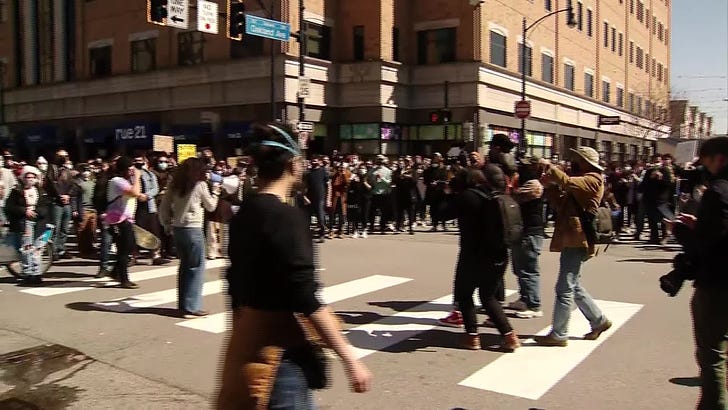#StopAsianHate is the bare minimum response to the Atlanta spa shootings.
Focusing only on blatant anti-Asian hate lets the forces that fuel white supremacist misogyny off the hook.
Queering the Burbs is a weekly-ish distillation of pop culture, politics and queerness. If you like what you see, please consider subscribing, liking or sharing this essay.
CW: Sexual and police violence
It’s hard to find the words to adequately describe my anger and sadness over the Atlanta spa shootings, and my thoughts are admittedly scattered. Once ag…
Keep reading with a 7-day free trial
Subscribe to queering the burbs to keep reading this post and get 7 days of free access to the full post archives.



